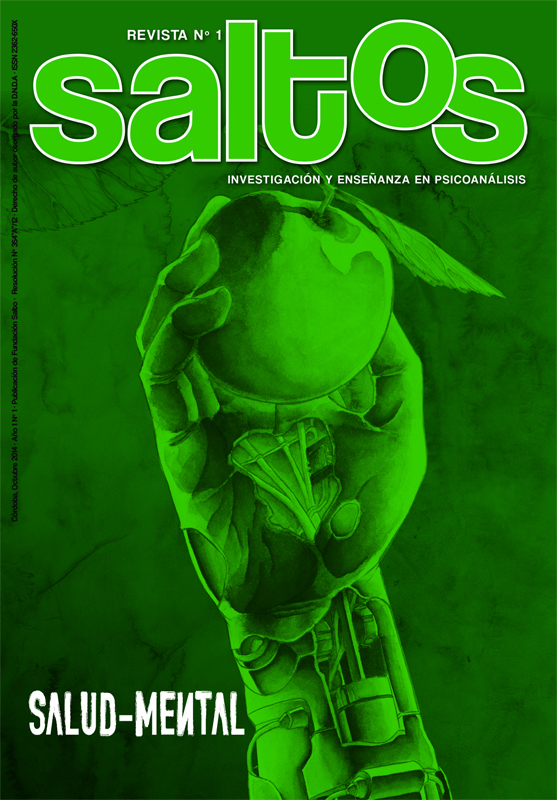The mind and the mental
The statements that Alan Turing made in 1950 seem no longer to scandalize anyone. The progress of cognitive science (artificial intelligence, neuroscience, cognitive psychology, etc.) has allowed to assert ideas such as ‘the brain functions as an information processor’.
We can accept this proposal in first instance, but before we do that it would be convenient to know how an information processor works (what is known as a computer). It would be even more interesting to ask how it is expected to work. The answers and debates quickly multiply: there are some who pretend, for instance, that a computer works with transparent and simple definitions, with the objective to reach the absolute logic precision; others, however, prefer it to be by knittings, or knots, where each one of these, contrasting with the others to acquire different perspectives, give meaning to the rest. This is not a minor difference, since two conceptions of the human can be played in it.
In any way, it seems to be an agreement that, however it works, the brain is the cause of the mind; that is to say: the mind, without any doubt, they say, is a biological phenomenon. However, we must not rush and assume that an agreement is reached, so easily, on what biological is. What is at stake here, of course, refers to how life is conceptualized.
It is necessary to clarify that, in that field, we no longer talk about what life is, but rather about how living systems work. Apparently, to consider, there, an unitary formal value is inescapable.

In that direction, the brain working like a computer indicates that, before hand, its gait is subject to a system of numbers and rules. Just like in biology. This entails, of course, a cost: not knowing what life is.
The aforementioned approaches seem to reduce human nature to the level of an artifact. And that is probably the case, but these artifacts are subject to (are tensioned with) the disputes over evolution, biology, logic, etc.
A difficulty is added: the new developments of symptomatology frequently force to redefine biology, to sustain its operability. In these matters, the temporal dimension gains value, the emergence of the new resignifies the previous state. Needless to say, this does not happen without a purpose. Perhaps it is convenient to reflect on the fact that there is (are) biology(ies), on one hand, but there are also policies on that (those) biology(ies), on the other. Usually, this is not noticed.
However, there is something that doesn´t fit in: if the mind shows itself, therefore, as the result of computable, measurables and biological products, that is not what we found working with the mental. And this is where we establish the difference: the experience in psychoanalysis shows us that the mental, rather than a way to adjective the mind, refers to effects, even products, that are not computable. The non-computable only indicates that the result obtained (found) has no value, can not be taken into account to be used as a reply model. This is the cause of subjective indeterminacy.
If it is expected from the mind a certain logical relation of elements (as these, it is understood, tend towards oneness par excellence), it can perfectly be conceived, and it is necessary to do it so, as a faculty-to-be interpreted. That is the task performed by the mental (as an exercise), as it presents itself only as a temporal interpretation of the mind. The difficulty lies, precisely, in the fact that it is not possible to measure (or regulate) that sence.
It is stated that the mind is determined by the brain, but the mental, on the other hand, also needs the symbolic order. It is even structured from the incidence of the latter. That is the reason that the difficulty we find in our practice refers, mainly, to the fact that we do not know exactly what to do, each time, with the Other (nor with the others, of course). It is not known what to do with what happens and cannot be prevented.
Therefore, it is possible that a health of the mind can definitely be considered, but a mental health?
Javier Bolaños
